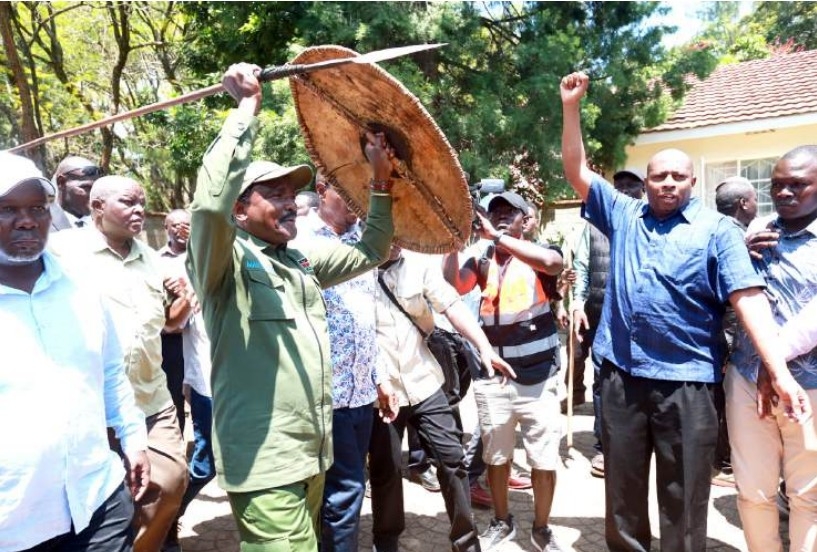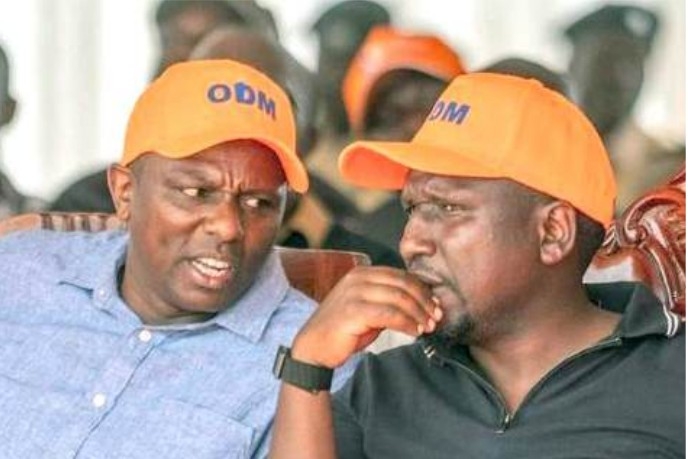The government must use resources for the intended purpose if the 2024-25 revised budget and austerity measures are to work, the International Budget Partnership Kenya (IBP Kenya) now says.
This, as the Supplementary Estimates (No.1) for financial year 2024-2025 undergoes public participation and consultations, with Parliamentary departmental committees currently engaging Ministries, State Departments and Agencies, to review the Supplementary Estimates..
The Budget and Appropriations Committee is also required to guide the process, seek public views and report to the House on or before July 24, to enable the National Assembly to subsequently consider the Supplementary Estimates and the Supplementary Appropriation legislation, so as to give effect to the Revised Fiscal Framework and the proposed expenditure reductions.
National Treasury has been forced to cut expenditure plans for the current financial year ending June 30 next year, after the withdrawal of the Finance Bill 2024 that sought to raise an additional Sh344.3 billion.
President William Ruto declined to assent to the bill following protests by the public.
Treasury has since proposed to reduce the 2024-25 budget to Sh3.87 trillion from Sh3.99 trillion, in its Supplementary Budget. The total revenue target, including collections by KRA, has been set at Sh2.9 trillion, down from Sh3.3 trillion.
To fit within the revised budget, mega projects face Sh122 billion funding cuts among other measures, including reduction of the executive, judiciary, parliament and counties’ allocations.
“I direct that operational expenditure in the Presidency be reduced to remove allocations for the confidential vote, reduce travel budget, hospitality and buying of vehicles, renovations and other expenditures,” the President said when he declined to sig the Finance Bill, on June 26.
In equal measure, President Ruto directed that Parliament, the Judiciary and county governments work with the National Treasury and undertake budget cuts to ensure that the government achieves what he has always advocated: “Living within our means.”
Budget experts however now say the government must walk the talk and ensure prudent Public Finance Management, if the plan is to work.
Failure to this, the country is likely to sink further into debt as the budget deficit widens to Sh954.8 billion, from the Sh610.5 billion that had been anticipated in the 2024-25 fiscal year.
“There is need for better use of resources and spending on area that are of positive impact to the economy. We might not be able to correct what has been done before but we can make a difference going forward, safeguarding the future,” IBP Kenya executive director, Abraham Rugo, said.
He spoke during a forum on austerity measures, which called for more public participation in the budget making process and proper use of public resources.
“In the last ten years, there has been no concerted austerity measures in Kenya as budget deficits have generally gone up over time,” he noted.
Lack of fiscal discipline and embezzlement of public resources have remained a concern over the years, even as the country continues to borrow heavily to bridge budget deficits.
The government is also expected to tame wastage in state agencies by cutting duplications and sealing loopholes used to embezzle funds.
“Fiscal discipline has been a big challenge in Kenya, and which can lead to wastage. Secondly, oversight especially by Parliament has been a significant gap and that does lead to the first problem as well,” said John Kinuthia, senior programs officer at the International Budget Partnership (IBP Kenya), told the Star.
To address this, expert have called on the national government and counties to ensure adherence to set Public Finance Management rules, which encompasses the mechanisms through which public resources are collected, allocated, spent and accounted for.
Kenyans have been missing out on development due to low budget absorption both at the national and county government levels, official data indicates, amid poor Public Finance Management.
This adds to concerns that the country loses about a third of its annual budget to corruption, despite year-on-year increases in spending plans, with recurrent expenditure, which includes salaries, operations and maintenance, taking the lion share of the budgets.

















